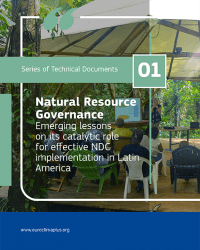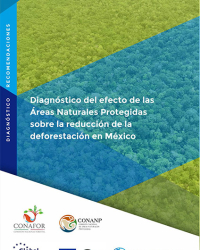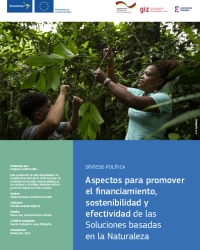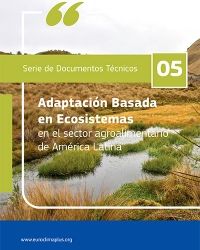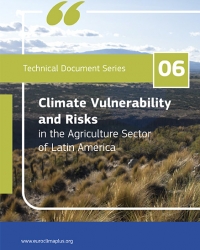Búsqueda por categoría
El Estado de la Generación Distribuida Solar Fotovoltaica en América Latina y El Caribe
1326 Downloads
El presente reporte tiene como objetivo visibilizar el desarrollo regional y nacional de la generación solar distribuida en América Latina y El Caribe (ALC).
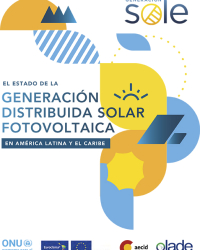 Para ello, se relevó la información de 11 mercados que cuentan con marcos regulatorios específicos para dicha actividad y un exitoso desarrollo desde su implementación. Los mercados relevados son: Argentina, Brasil, Chile, Colombia, Costa Rica, Guatemala, México, Panamá, Puerto Rico, República Dominicana y Uruguay. El desarrollo de los recursos energéticos distribuidos presenta una oportunidad para que los países de la región alcancen sus objetivos de reducción de emisiones gases de efecto invernadero y cumplan con sus Contribuciones Nacionales Determinadas (NDC, por sus siglas en inglés). El despliegue de estas nuevas tecnologías también fomenta el crecimiento económico mediante la generación de empleo y la atracción de inversiones, a la vez que refuerza y flexibiliza los sistemas energéticos.
Para ello, se relevó la información de 11 mercados que cuentan con marcos regulatorios específicos para dicha actividad y un exitoso desarrollo desde su implementación. Los mercados relevados son: Argentina, Brasil, Chile, Colombia, Costa Rica, Guatemala, México, Panamá, Puerto Rico, República Dominicana y Uruguay. El desarrollo de los recursos energéticos distribuidos presenta una oportunidad para que los países de la región alcancen sus objetivos de reducción de emisiones gases de efecto invernadero y cumplan con sus Contribuciones Nacionales Determinadas (NDC, por sus siglas en inglés). El despliegue de estas nuevas tecnologías también fomenta el crecimiento económico mediante la generación de empleo y la atracción de inversiones, a la vez que refuerza y flexibiliza los sistemas energéticos.
| Category: | Serie Documentos técnicos |
| File Size: | 6.64 MB |
| Hits: | 15520 Hits |
| Download: | 1326 times |
| Título: | El Estado de la Generación Distribuida Solar Fotovoltaica en América Latina y El Caribe |
| Autor: | United Nations Environment Programme |
| Año: | 2022 |
| Autor institucional: | PNUMA |
| Formato: |

